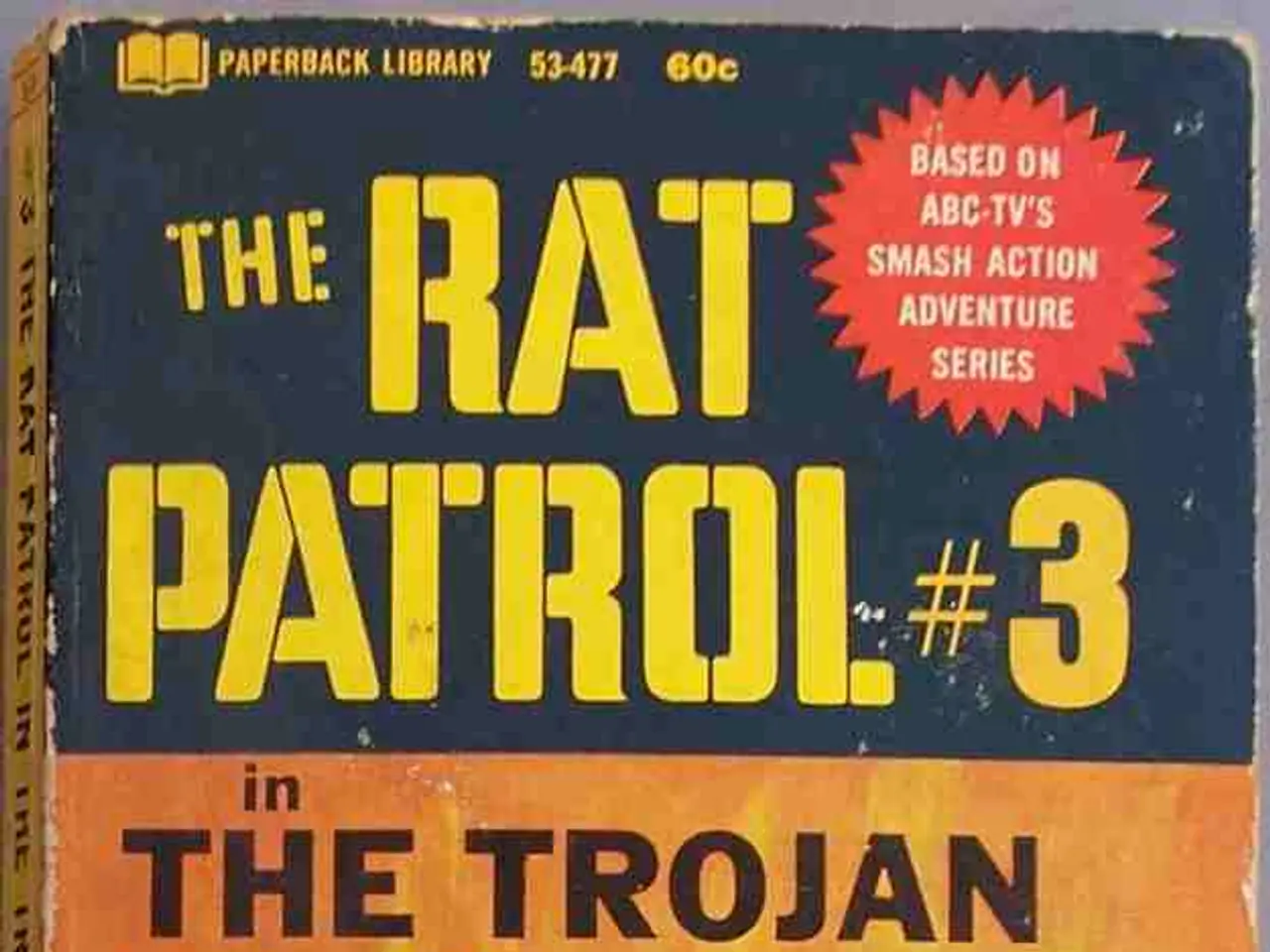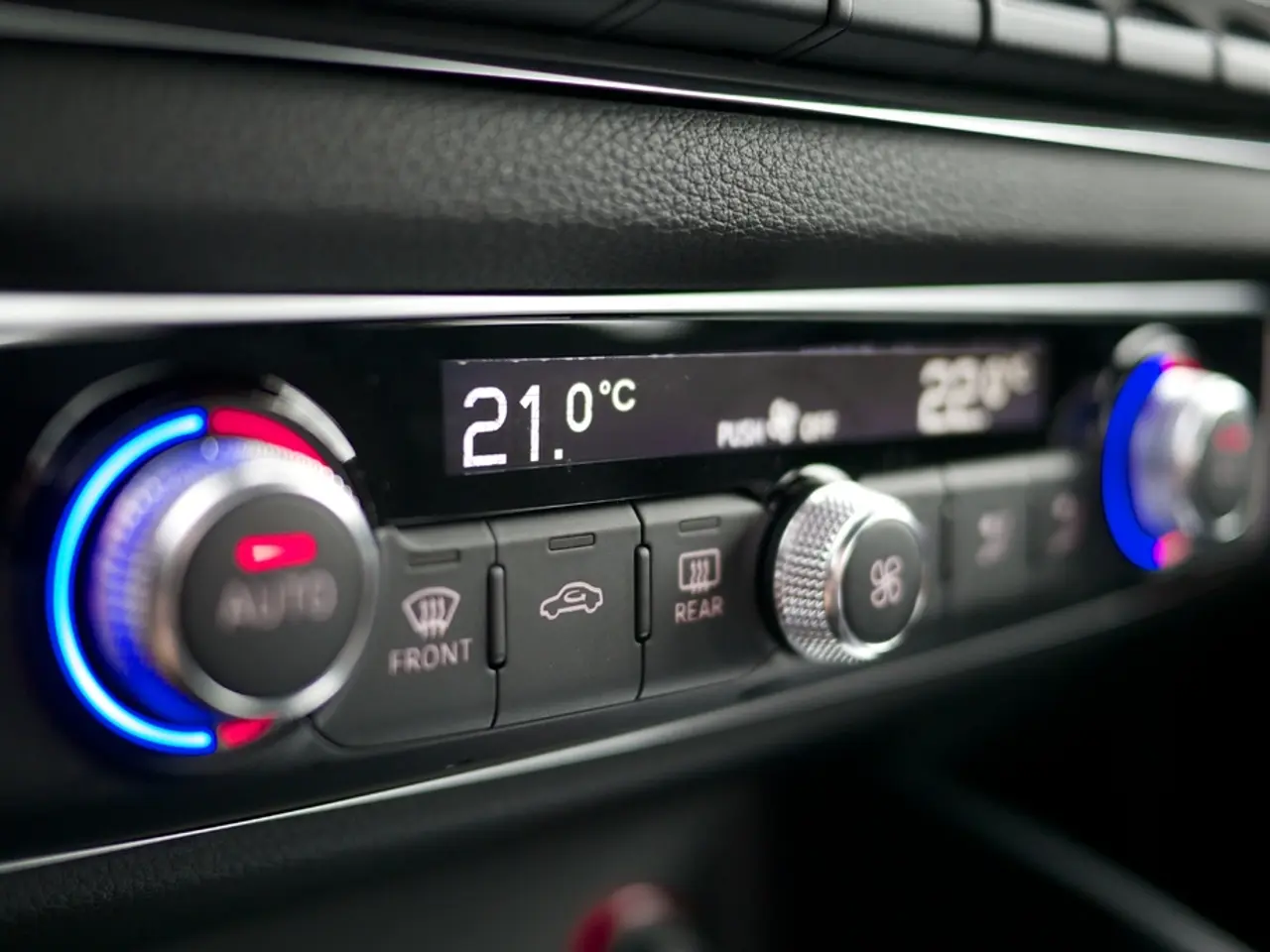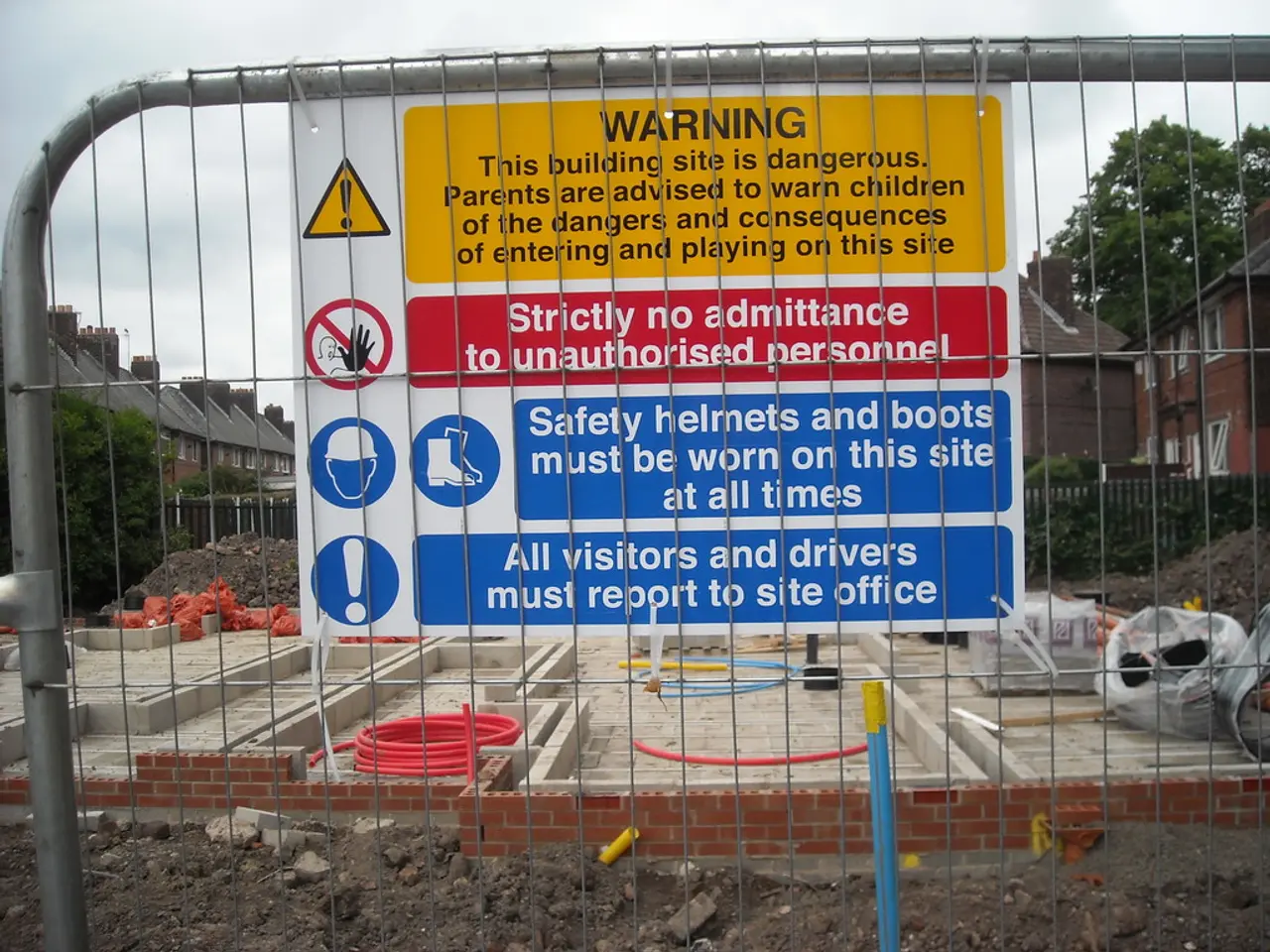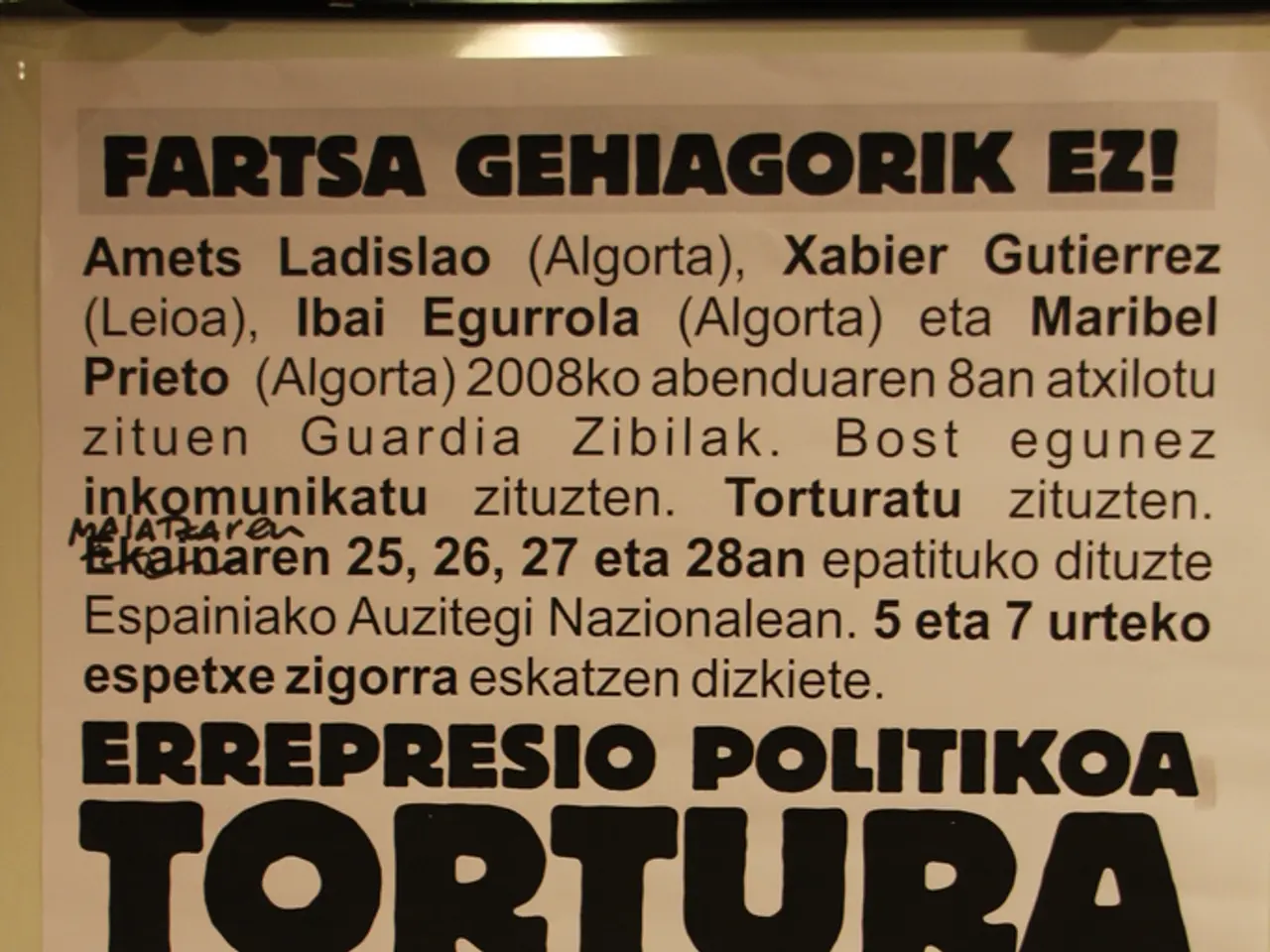After the Hague Summit: A Cautious Outlook on NATO by Carlo Masala
NATO Experts NOTE Reduced Strength According to Carlo Masala - Strategist Carlo Masala deems NATO to be diminished in strength
In the wake of the NATO summit in The Hague, military expert Carlo Masala shares his apprehensions about the alliance's present condition and imminent future. "This gathering didn't exactly end with a bang," Masala told the German Press Agency in Cologne, expressing his concerns. "NATO doesn't appear any stronger as a result."
The Ukrainian issue was notably absent from the summit, and the Russian threat wasn't explicitly discussed. This, according to Masala, is a major step back for NATO. "I'd say the alliance is in a precarious situation at the moment."
NATO's aim to allocate five percent of the gross domestic product toward defense from 2035 isn't without its controversies. Masala hints at the action being largely motivated to appease U.S. President Donald Trump. "The percentages they're targeting aren't coming out of grassroots discussions in Europe, but stem from the fear that if they don't comply, the U.S. might withdraw its security guarantee." Whether nations will actually adhere to this pledge remains uncertain, as Spain and Slovakia openly oppose it, and Italy is equally unenthusiastic.
The reliability of the U.S. as an ally remains questionable. "With Trump, anything goes - even a promise made today could look completely different tomorrow," Masala said.
NATO Secretary General Mark Rutte, who sent a favorable text to Trump and published it later, was severely criticized by Masala. "What Rutte did in his public interactions with Trump was nothing short of shameful," Masala remarked. "Europe needs to show respect and maintain some diplomatic decorum, particularly from a NATO Secretary General."
As the end of this decade approaches, there's a worrying possibility that Russia could attack a NATO member, testing the alliance's solidarity. "We're running out of time, and we need to act swiftly," Masala urged. "A comprehensive European strategy is necessary to replace the U.S.'s role in NATO. Addressing the manpower issue is vital – if volunteering fails, conscription must be introduced promptly."
Masala will present his book "If Russia Wins: A Scenario" at the Phil.Cologne philosophy festival in Cologne on Saturday.
- The Hague
- NATO
- Carlo Masala
- Europe
- U.S.
- Donald Trump
- Mark Rutte
- Ukraine
- Cologne
Insights:
- Europe's reliance on U.S. leadership within NATO and its strategic priorities have created a rift in approaches between North America and Europe.
- European countries lack cohesive leadership to fill the potential void left by reduced American presence and are struggling with internal challenges, including fiscal, military, and political hurdles.
- NATO's current unpredictable U.S. involvement in supporting Ukraine and European defense poses a threat to the alliance's stability.
- A worst-case scenario could arise if Russia attacks Baltic NATO members without U.S. support, forcing European nations to choose between risking their soldiers' lives and possible escalation to nuclear conflict for relatively small territories.
- The unease surrounding NATO's stability is evident as Europe grapples with the internal challenges of cohesive leadership, fiscal, military, and political hurdles, while relying on the U.S.'s role in the alliance, which itself is uncertain under the current U.S. administration.
- As the NATO Secretary General, Mark Rutte's public interaction with U.S. President Donald Trump is under scrutiny, with military expert Carlo Masala asserting that maintaining diplomatic decorum and showing respect are essential for Europe's relations with its allies during this crucial period of policy-and-legislation and general-news discussions, especially when war-and-conflicts threats, such as a potential attack by Russia on a NATO member, loom on the horizon.





